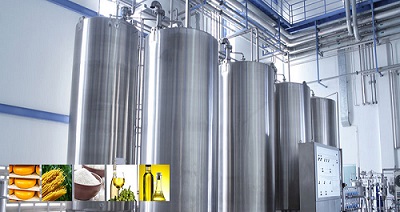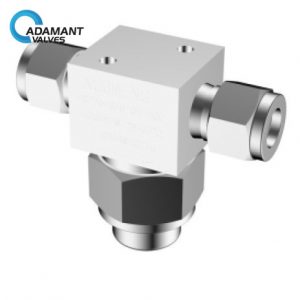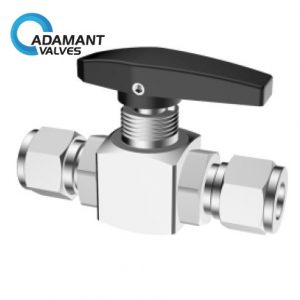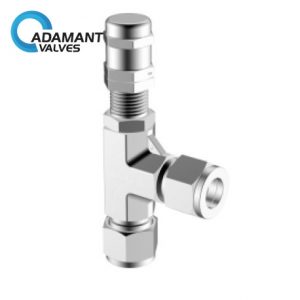How to Improve the Environmental Friendliness of Sanitary Pumps

Sanitary pumps used in food and beverage, pharmaceutical, and cosmetic factories are likely to violate a ban on environmentally harmful polymer microspheres. Currently, these particles are mainly used in the pump structure, which is harmful to Marine life.
At present, there are advanced materials companies using porous silicon carbide (SiC) to produce a new microporous structure, which can extend the working time of the pump by the effective pore-making method.
The porous sealing ring is crucial to the durability of the sanitary pump. Companies making fast-moving consumer goods (FMCG) must ensure the integrity of the sealing ring and not allow any pollution. When two mechanical seals collide, friction will occur naturally, which will affect the sealing performance of the seals and may lead to liquid leakage over time.
The pores of the seals can act as pockets of the treatment fluid, so improving the porosity can solve this problem. The most popular industry solution on the market today is to use a liquid as a lubricant to greatly reduce friction, but this approach is not environmentally friendly.
So far, the solution is to use polymer microbeads to create the microstructures needed to reduce friction. As stated in a Commons briefing in January 2017, research has confirmed that polymer microbeads are harmful to Marine life.
The UK and U.S governments have banned the use of polymer microbeads in certain industries, which are mainly cosmetics. However, the ban is likely to spread to other industries.
The ban poses significant risks to the supply chain of health pump manufacturers. However, there are advanced materials companies that have introduced a new material that has properties that are very similar to current solution principles but do not cause similar pollution to the environment.
The new porous silicon carbide makes the customer’s sanitary pump more durable and can be tightly joined and lubricated during operation. Actually, the new porous silicon carbide provides interspaced pores on the sealing surface that can act as “pockets” to retain the treatment fluid for lubrication, and the graphite type dry lubrication system is very practical for the food or the pharmaceutical field since it avoids the environmental pollution.





